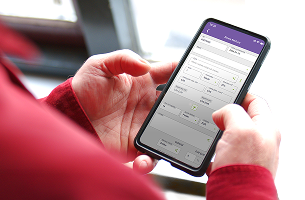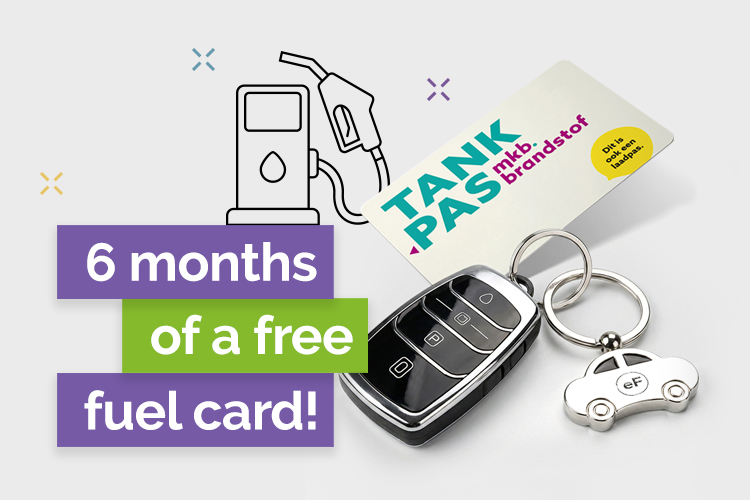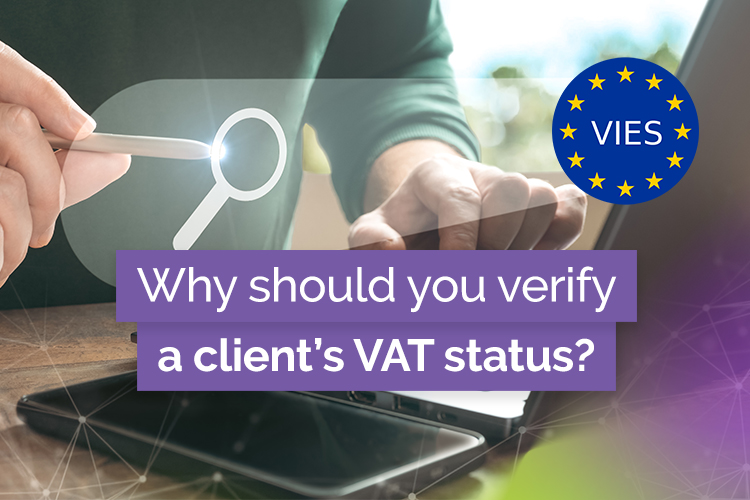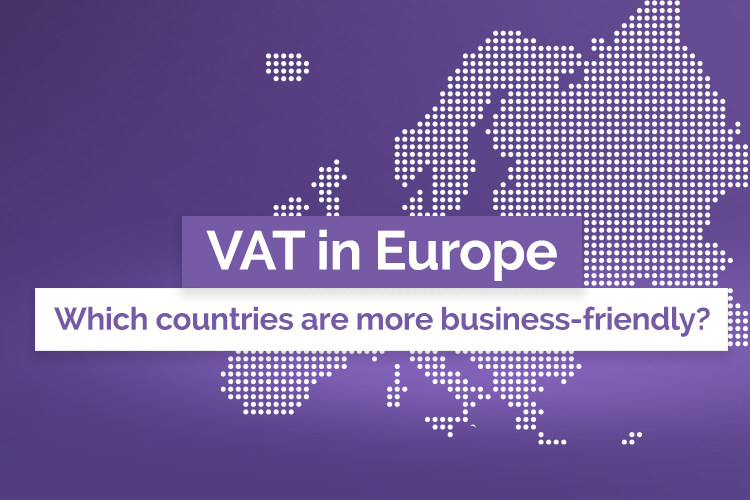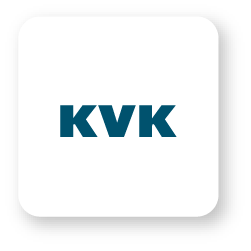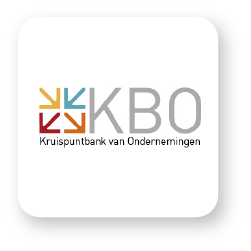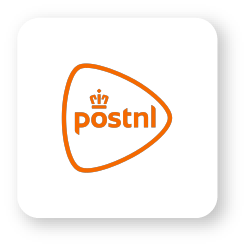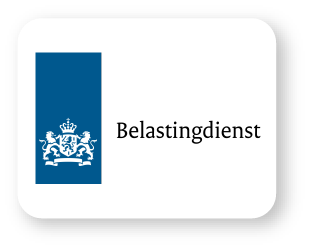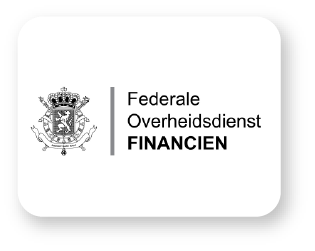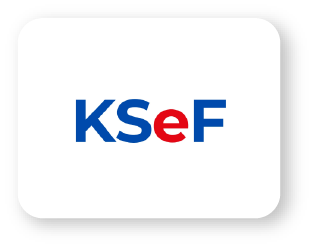Is Running a ZZP Business Still Profitable in 2025?
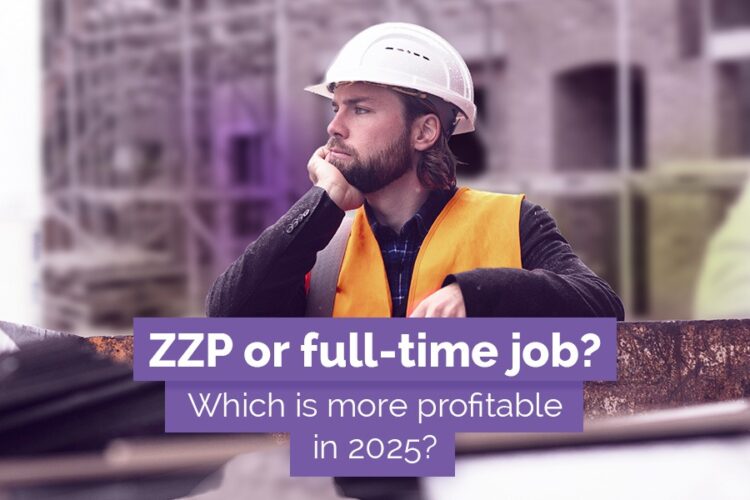
ZZP in the Netherlands: What’s Changing in 2025?
The year 2025 introduces several changes that could impact your business as a ZZP (zelfstandige zonder personeel, or self-employed without employees). With new regulations, reduced tax benefits, and increased government inspections, some entrepreneurs may feel uncertain. However, by understanding these changes, you can make informed decisions and continue to benefit from running your own business in the Netherlands.
Lower Tax Benefits and Higher Taxes – How Will This Affect Your Business?
Self-employed professionals should prepare for significant tax changes in 2025. The self-employment deduction (ondernemersaftrek) will decrease from €3,750 in 2024 to €2,470 in 2025. Moreover, it will continue to decline in the following years, meaning a larger portion of income will be taxable. Additionally, the SME profit exemption (MKB-winstvrijstelling) will drop from 13.31% to 12.70%, which translates into higher tax payments for entrepreneurs.
As a result, managing costs efficiently and adjusting financial planning will be crucial. Furthermore, those earning higher incomes will face increased tax burdens, making it even more important to optimize expenses. The government also plans to reduce the small-scale investment deduction (Kleinschaligheidsinvesteringsaftrek, KIA), limiting additional tax relief options.
To illustrate the impact of these changes, let’s consider an example. Martin runs a construction business and regularly invests in tools and materials. In 2024, he could deduct a significant portion of these costs using the investment deduction. However, in 2025, these deductions will be reduced, leading to higher out-of-pocket expenses.
Despite these changes, ZZP entrepreneurs still have access to valuable tax benefits that salaried employees do not.
Wet WBA and ZZP Inspections – What Does This Mean for You?
The Wet WBA (Wet Bescherming Arbeidsrelaties), or Labor Relations Protection Act, aims to regulate the relationship between clients and self-employed professionals. Under this law, tax authorities will actively check whether freelancers are genuinely independent businesses or if they function as disguised employees.
To avoid issues, it is essential to ensure that your contracts and agreements clearly state your independent status. Working for a single client over an extended period may require proof that you are not, in fact, a de facto employee.
Maintaining compliance is easier if you have freedom to set your own working hours, control how assignments are completed, and collaborate with multiple clients whenever possible.
For example, Anna runs a cleaning company and frequently works for one large client. To ensure her ZZP status remains clear, she signs contracts emphasizing her independence—she chooses her working hours and uses her own equipment and cleaning supplies. This helps confirm her freelance status.
More on tackling false self-employment [read here].
ZZP or BV – When Should You Switch?
Entrepreneurs earning more than €100,000 per year might consider switching from ZZP to a BV (Besloten Vennootschap, or private limited company). This structure provides several advantages, such as the option to pay yourself through dividends, reducing your tax burden. Additionally, a BV helps protect personal assets, which is beneficial when handling large projects.
Take Marta as an example. She owns a beauty salon and earns €120,000 per year. By setting up a BV, she optimizes her costs, reduces taxes, and can now afford to hire an employee and invest in high-end equipment. This helps her grow her business.
If your income is lower or you are still building your business, remaining a ZZP might be the better option.
More about Dutch business structures [read here].
Higher Taxes on Company Vans
From 2025, entrepreneurs using company vans for business purposes will face higher tax costs. The government is increasing CO₂-related fees to encourage greener transportation. Business owners with diesel or petrol vans will therefore have to pay more.
Given these rising costs, it may be a good time to consider switching to an electric or hybrid vehicle, which could be more cost-effective in the long run.
Positive Changes for Small Businesses Using KOR
The Kleineondernemersregeling (KOR), a tax exemption for businesses with an annual turnover below €20,000, is also changing.
From 2025 onwards, small businesses will benefit from two key improvements. First, the mandatory participation period will be removed. Second, the introduction of EU-KOR will allow VAT-free operations within the EU for businesses with annual EU-wide turnover under €100,000.
For entrepreneurs operating internationally, this offers an excellent opportunity to simplify tax administration.
More on KOR business taxation [read here].
ZZP vs. Employment – Is Self-Employment Still Worth It?
With these changes, some entrepreneurs may feel uncertain about the future. To provide expert insight, we spoke with Katarzyna Urban, owner of Urban Advies, a tax advisory firm specializing in Dutch regulations.
“I don’t believe these changes require anyone to close their business. In fact, these are not new rules—since 2016, they have existed but were not strictly enforced. Now, tax authorities will conduct more checks.
If you’re concerned about inspections, I highly recommend consulting a tax expert. A professional will help you maintain proper records and ensure compliance, reducing any risks.”
Key Takeaway
If you’re worried about how these changes affect your business, keep your documentation in order and seek professional advice. There is always a solution to every tax-related issue.
Despite stricter regulations, being a ZZP still offers significant advantages over traditional employment. Freelancers have more control over client selection, project choices, and work schedules. Moreover, hourly rates for ZZP professionals—especially in sectors like construction—are significantly higher than salaried wages.
The Netherlands remains a pro-business country. With a steady flow of projects and competitive rates, you can still grow your business and achieve financial success.
Ultimately, ZZP remains an excellent choice for those who value freedom, flexibility, and financial independence.
Expert insights provided by:
Katarzyna Urban, tax advisor at Urban Advies
urbanadvies.com
